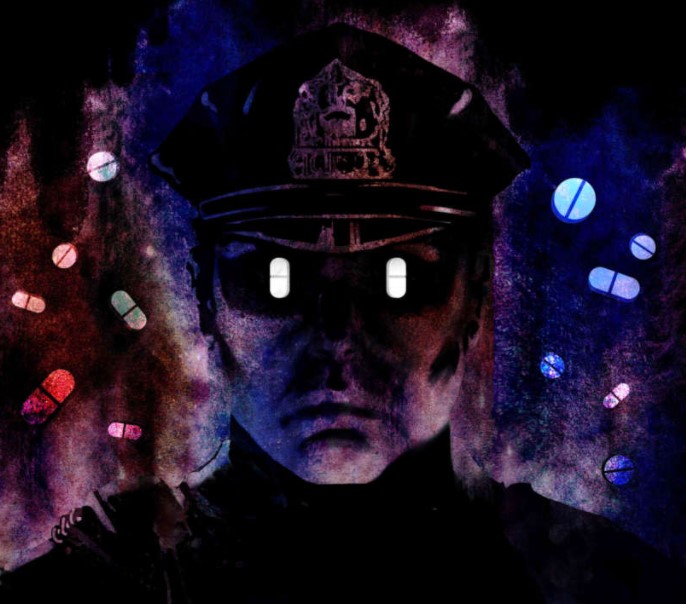This post was originally published on this site
Addiction Recovery Bulletin
Ashley was at Joshi’s office for a telehealth therapy appointment with her psychologist when Drug Enforcement Agency (DEA) agents arrived with a search warrant.
At the time, Joshi was unaware that an undercover DEA agent had posed as a patient at his office to build a drug trafficking case against him. Agents took Joshi to a local police station for hours of questioning, where Joshi surrendered his DEA registration that allowed him to prescribe controlled substances — including buprenorphine. When he returned from the police station, Joshi said Ashley was deeply traumatized. Ashley told Joshi that she protested the interruption of her therapy appointment, so a DEA agent pulled out a gun and ordered her onto the ground.
In grand jury testimony, former employees-turned-witnesses described the young primary care physician’s practice as sloppy and his patients as “addicts,” a deeply harmful and stigmatizing term for patients in recovery. Joshi was accused of operating a “pill mill” in the local media, a claim Joshi says was manufactured by the DEA. Ashley and other patients were blacklisted by other local doctors, and without a buprenorphine prescription, Ashley relapsed and suffered fatal overdose. Stephanie, another patient who had stabilized and quit using heroin under Joshi’s care, also lost her prescription to buprenorphine. She soon died of an overdose after returning to heroin.
The post The War on Drugs Comes to the Doctor’s Office appeared first on TruthOut.org.
